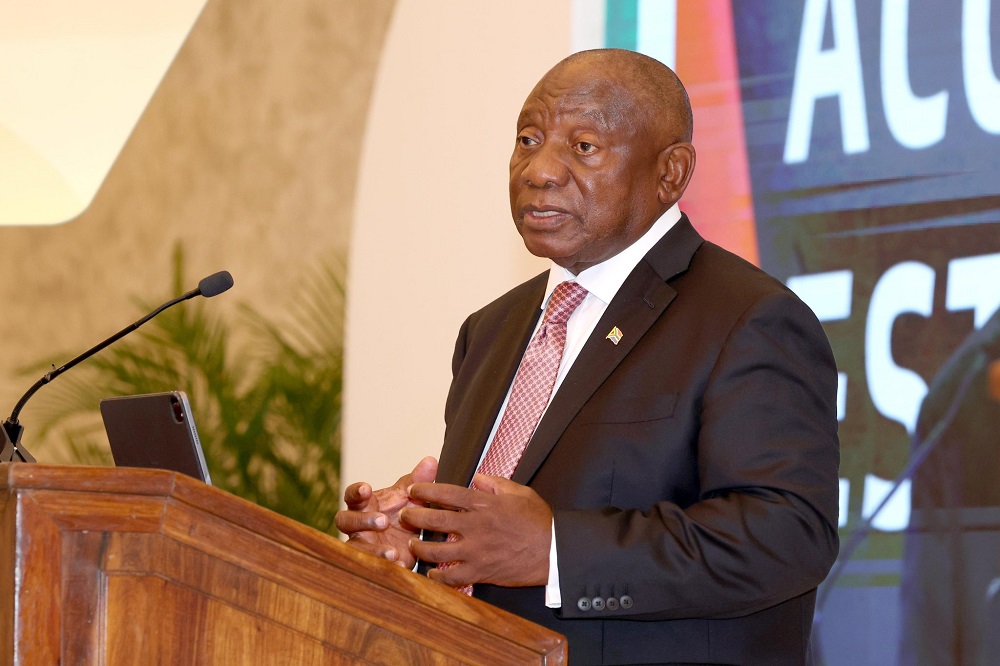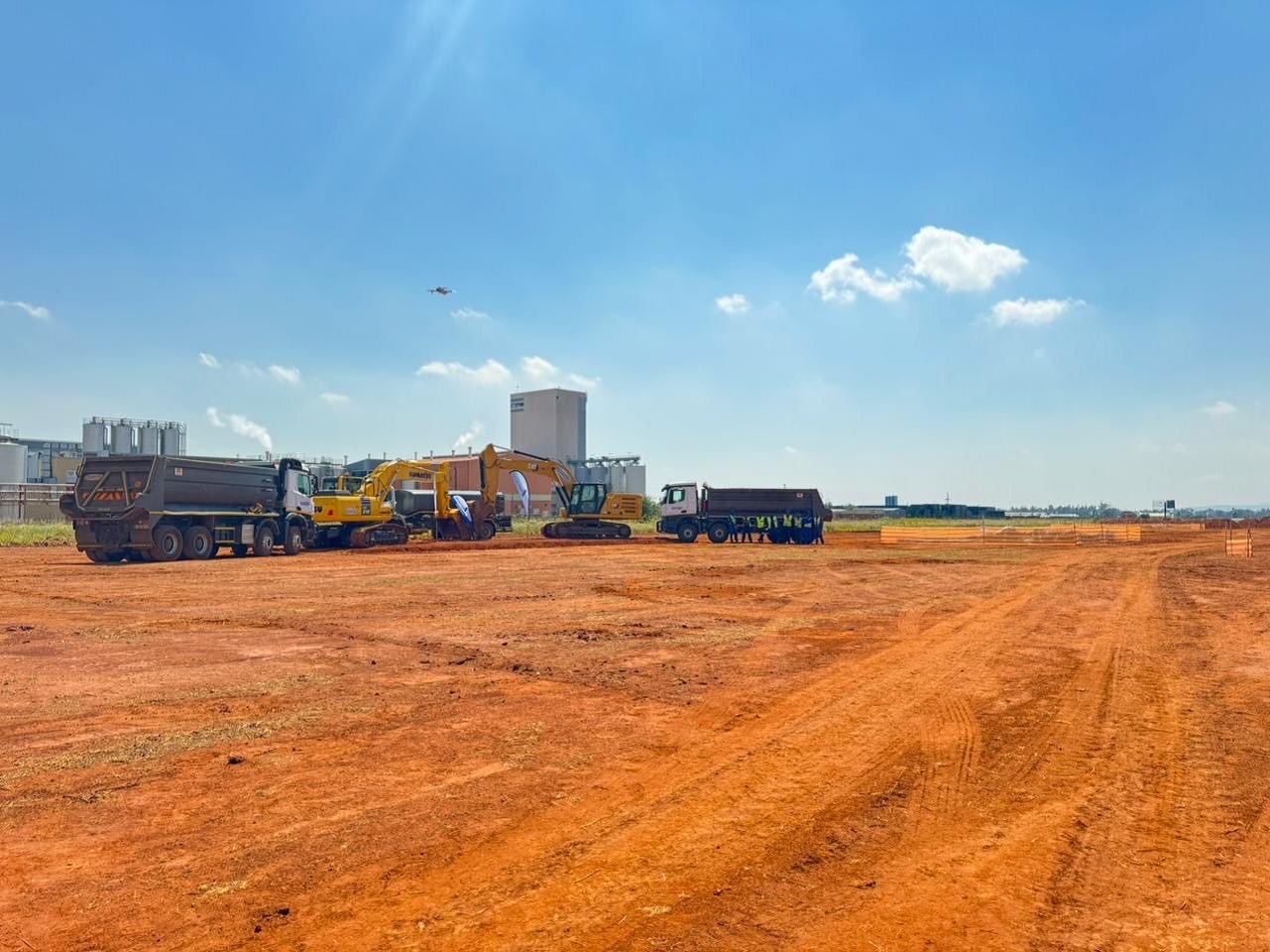-
Community members pray outside the mineshaft where it is estimated that hundreds of illegal miners are believed to be hiding underground, after police cut off food and water as part of police operations against illegal miners, in Stilfontein, South Africa, November 15, 2024.
Professor of Environmental and Sustainability Law at Wits University, Tracy-Lynn Field, says new policy-making leadership is needed in the mining sector for the integration of artisanal and small-scale mining.
The stand-off between police and illegal miners in Shaft 11 at a mine in Stilfontein in the North-West has put the need for legislation to allow artisanal and small-scale underground mining under the spotlight.
Field says formalisation of the artisanal mining sector is pivotal to combating poverty in the country.
She says, “The problem is that you have a gold mining industry that is dying on the Witwatersrand of more than a century worth of mining, you have a mine void with thousands of tunnels, you have mine residues and there is still remnants of gold in that resource.”
“You have a situation of local, national and regional structural poverty and you have a market that wants this gold. At the moment, to be an artisanal miner, there is only an option to be an illegal artisanal miner, some kind of formalisation is really necessary, and we need a new leadership, the kind of leadership we have seen in the electricity sector.”
Field adds, “The only mining that is permitted in South Africa is so-called large mining and mining that can take place under the authority of a mining permit which is not really the small scale or artisanal mining at all. There is a policy from 2022 – Artisanal and small-scale mining policy – but that policy only applies really to surface artisanal mining, and it doesn’t deal with the underground mining that you see in the gold sector.”
VIDEO | A call to unshackle artisanal miners in SA:











